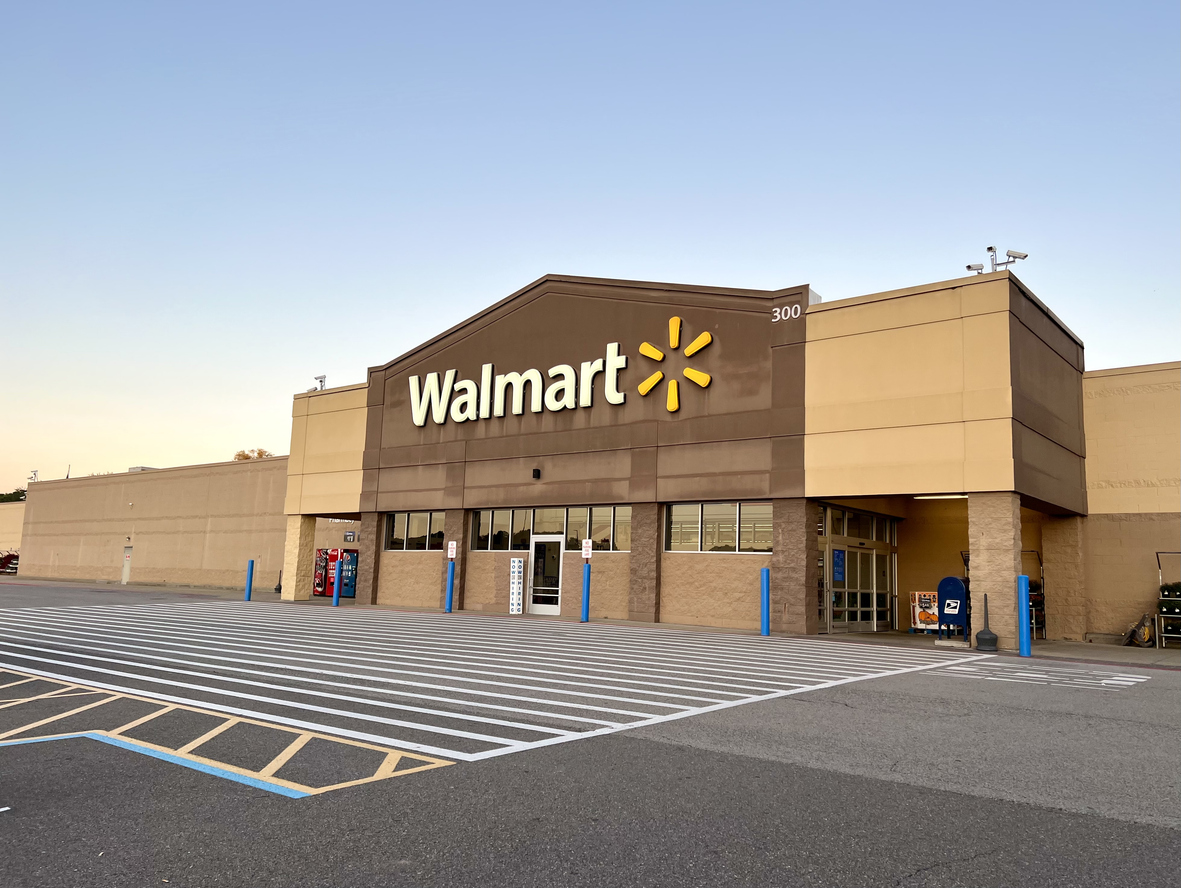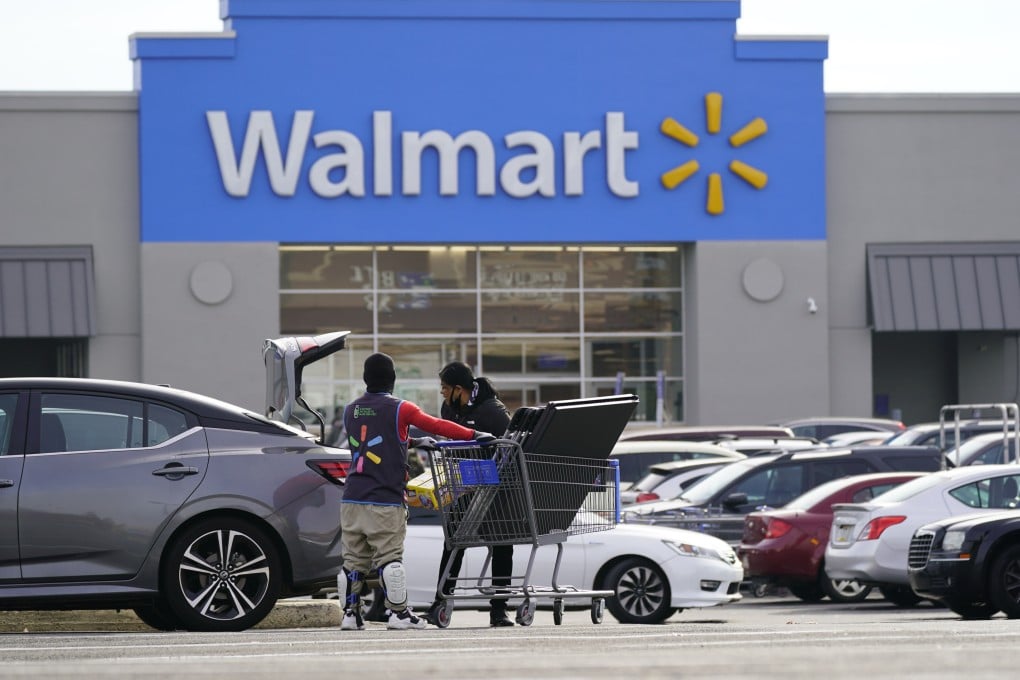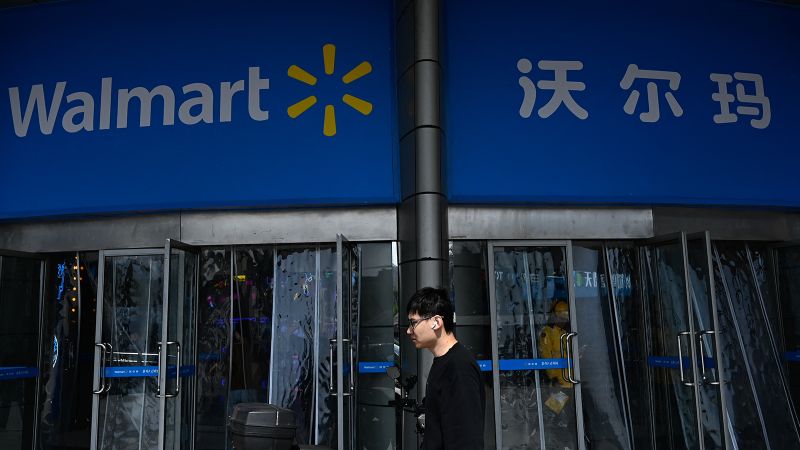April 30, 2025 | Hong Kong: In a cautious yet significant development, retail giants Walmart and Target have resumed partial business with their Chinese suppliers, following a temporary halt due to uncertainty surrounding new U.S. tariffs on Chinese goods.
The news, confirmed by multiple factory owners in China, comes shortly after U.S. President Donald Trump met with executives from Walmart, Target, and Home Depot. Retailers warned that without urgent resolution, store shelves across America could soon run dry.
Partial Order Resumptions Amid 145% Tariff Hike
The move comes against the backdrop of Trump’s steep 145% import tariffs on Chinese products, which had forced many U.S. retailers to suspend previous agreements. While large-scale shipments remain limited, some suppliers say they’ve received fresh orders from both companies.
Vivi Tong, a factory owner in Anhui province who manufactures toy cars, told CNN, “American supermarkets don’t have much inventory left… if tariffs drop to 30%, customers will find it more manageable.” Tong’s business resumed orders last week, after weeks of halted communication.
Retailers Struggle with Pricing and Supply Chain Uncertainty
Another supplier, Allen Yan of Jiangsu, said Target resumed a previously suspended order for swimming pool equipment. However, business with Costco and Sam’s Club remains paused. “In two months, shelves in the US will probably be empty,” Yan warned, adding he has refused to offer discounts despite retailer pressure.
Last month, Walmart reportedly pushed for aggressive discounts from Chinese suppliers, prompting a backlash in Beijing. China’s Ministry of Commerce even summoned Walmart executives for talks. Orders have since resumed, but only partially, according to reports from Ming Pao.

Beijing and Retailers Push Back Against U.S. Tariffs
The Global Times, a Chinese state-run tabloid, said the resumed trade proves how “reckless tariff policies threaten both U.S. pricing and supply chains.” The editorial urged Washington to return to dialogue and “correct its misguided tariff stance.”
However, uncertainty continues to loom over the U.S.-China trade war, with no clear roadmap for resolution. Retailers are stuck between escalating costs and the imperative to keep shelves stocked, especially ahead of the year-end holiday season.
Jobs and Small Businesses Under Threat
The trade impasse is also jeopardizing millions of jobs. According to China’s Commerce Ministry, the country’s export industry supports nearly 18 million domestic jobs. Smaller manufacturers are especially vulnerable.
Rachel Zhang, who runs a textile business selling to Walmart and Costco, said her U.S. orders dried up in early April. She is now trying to pivot to the domestic market and smaller buyers in Europe and Japan. “How many months will this last — six? Nine? Small businesses like ours can’t survive that long,” Zhang said.
Chinese Government Vows Support for Exporters
Beijing is now rolling out support for affected exporters. At a Monday press conference, Deputy Commerce Minister Sheng Qiuping announced plans to enhance financial aid, diversify markets, and help firms shift to domestic sales.
“China will continue enriching the toolbox of policies to stabilize foreign trade,” he added, signaling more measures could be announced if U.S. tariffs persist.

The government will also “actively assist exporters to respond to external risks and challenges” by facilitating their transition to domestic markets and diversification into other markets.
China will “continuously enrich the toolbox of policies to stabilize foreign trade and introduce new incremental policy measures as needed,” he said.
Conclusion: Uncertainty Lingers Despite Partial Recovery
While Walmart and Target’s partial resumption offers a glimmer of relief, the broader U.S.-China trade tensions remain unresolved. With limited inventory and cautious optimism, both retailers and factories are bracing for a volatile summer — one that may shape global supply chains for years to come.
Also Read: India’s Exports Hit by Global Shipping Delays Amid Red Sea Crisis









